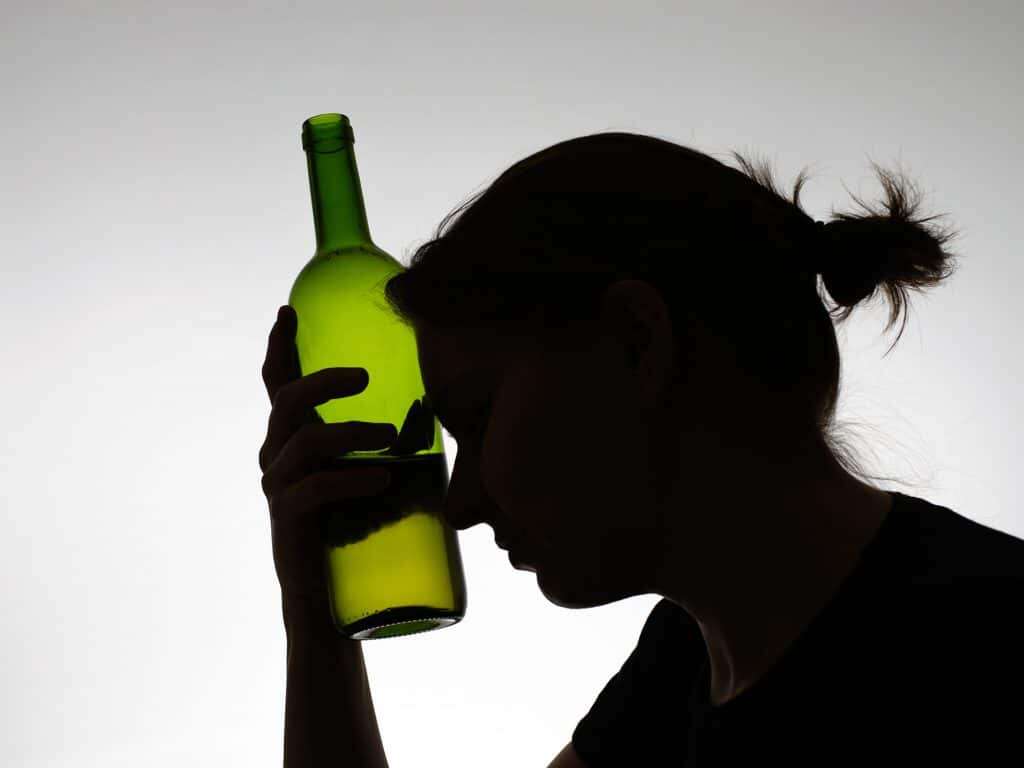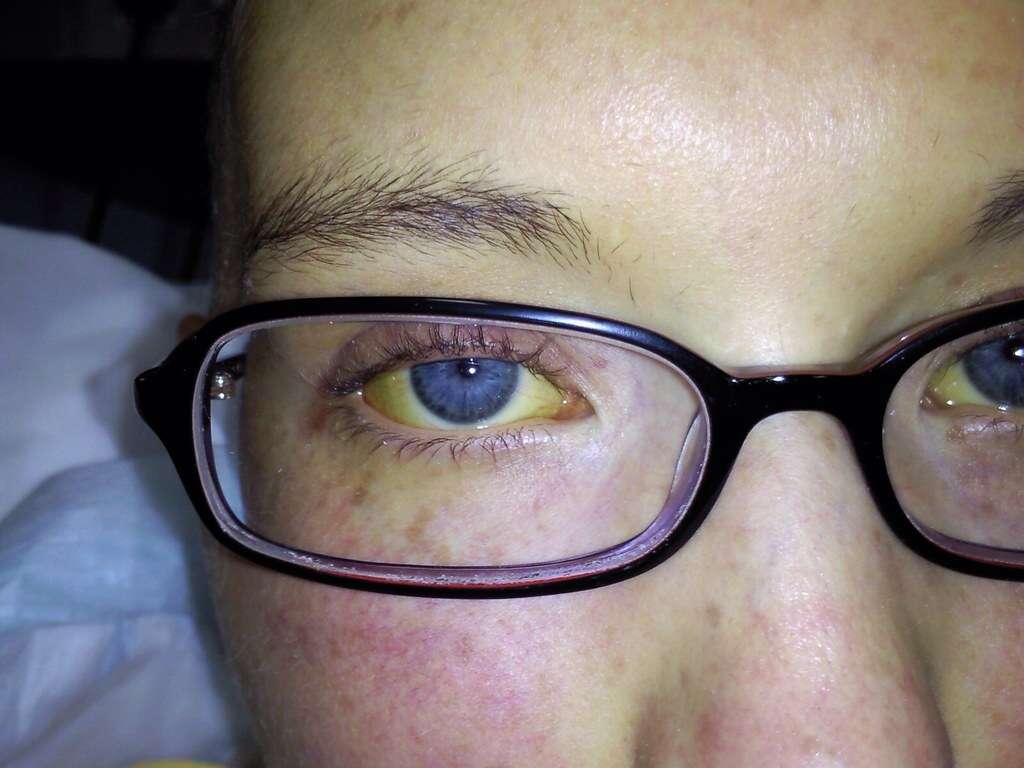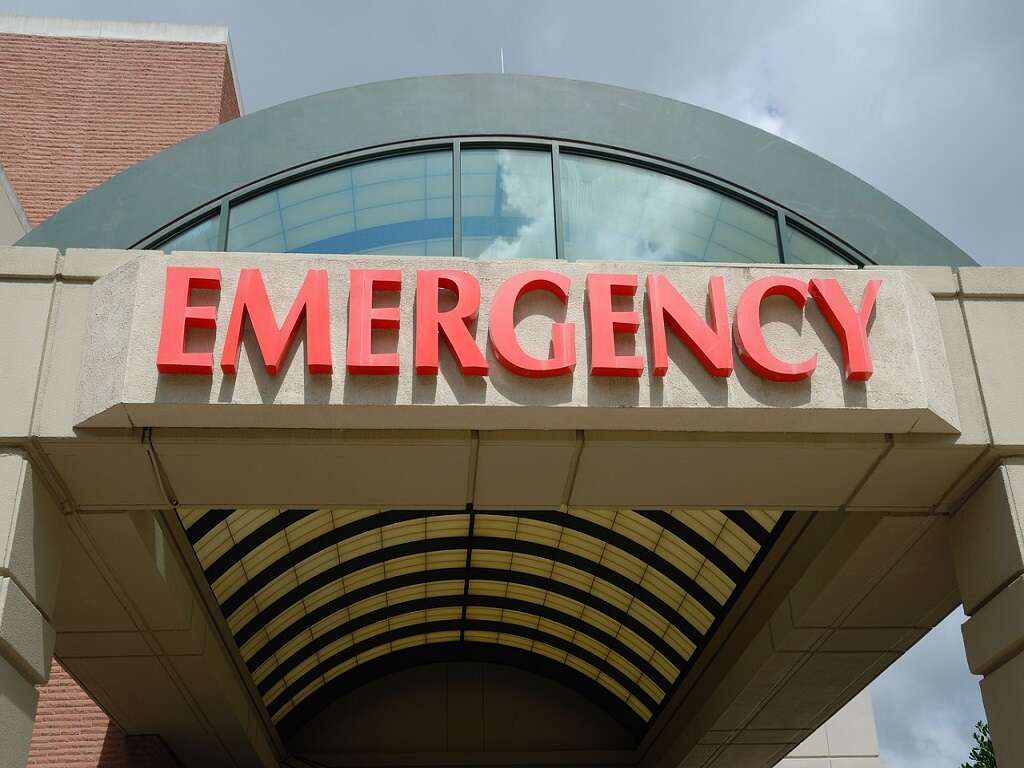10 Alcohol Poisoning Symptoms
8. Cold Skin
Having cold skin is a symptom of conditions or situations that trigger a decrease in blood flow to the blood vessels of the skin and possibly other non-vital organs. In alcohol poisoning, cold skin can be caused by several mechanisms. As previously mentioned, ethanol can lower general blood volume through excessive fluid loss (vomiting and urination). Eventually, this can cause dehydration and low blood pressure or hypotension. As a response, the body will shunt most of the blood towards vital organs (i.e. heart, brain), away from the skin, causing a cold skin sensation.
Ethanol poisoning can directly cause hypothermia. However, it is also a risk factor for this condition because it can impair a person’s judgment on the need to find protection from cold-weather. Hypothermia can be defined as the decrease in human body temperature below 35.0 °C or 95.0 °F. Possible mechanisms for alcohol-induced hypothermia include rapid heat loss from the skin through blood vessel widening, and decreased shivering response to generate body heat. Common symptoms of this condition include cold skin, shivering (or lack of), and mental confusion. Finally, hypothermia can slow most bodily functions and eventually cause cardiac arrest. Thus, it is a medical emergency and it should be treated promptly.
Advertisement












